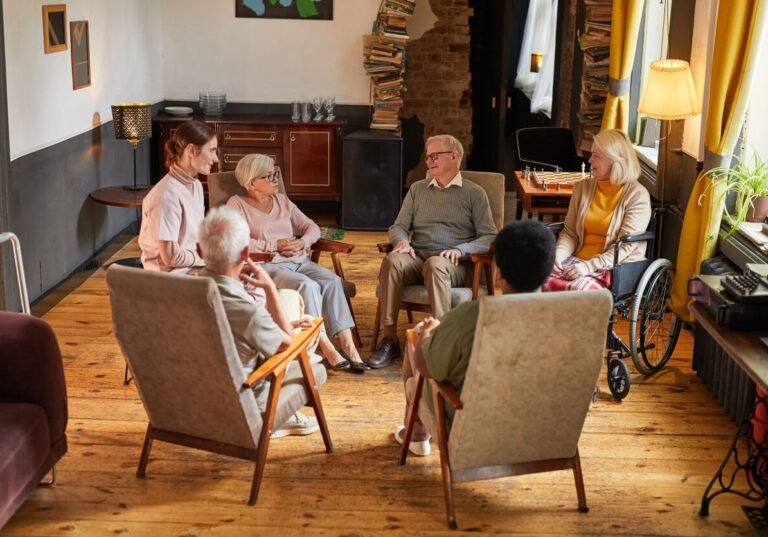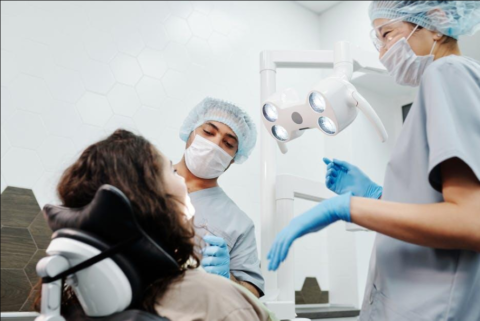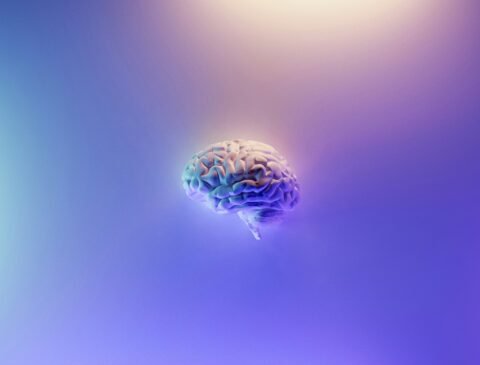Introduction to Cognitive Stimulation Therapy (CST)
Cognitive Stimulation Therapy (CST) is an innovative therapeutic approach designed to support individuals with mild to moderate dementia. Developed in the early 2000s, CST aims to engage and stimulate mental processes, primarily focusing on enhancing cognitive and social functioning through structured group activities. This therapy has been recognized globally for its effectiveness in improving the quality of life for dementia patients, offering a non-pharmacological approach that is both accessible and impactful.
What is Cognitive Stimulation Therapy?
Cognitive Stimulation Therapy involves regular sessions where participants engage in a range of activities designed to stimulate thinking, concentration, and memory. These sessions are typically conducted in small groups and led by trained professionals. Each session covers different themes and activities, such as memory recall exercises, problem-solving tasks, and creative and physical activities. The goal is not only to improve cognitive skills but also to enhance social interaction and emotional well-being.
The Benefits of Cognitive Stimulation Therapy
Enhanced Memory and Thinking Skills
Research shows that CST can significantly improve cognitive functions, such as memory, problem-solving, and language skills in individuals with dementia. By providing a structured environment where patients can engage in intellectually stimulating activities, CST helps maintain their cognitive functions for longer periods.
Improved Quality of Life
CST also positively affects the overall well-being of dementia patients. Participants often experience improvements in self-esteem and mood, which are crucial for their quality of life. The therapy provides a sense of accomplishment and enjoyment, reducing feelings of isolation or depression that often accompany dementia.
Social Interaction
One of the core elements of CST is the encouragement of social interaction. The group setting promotes communication and camaraderie among participants, helping to alleviate the social withdrawal that many individuals with dementia face.
Support for Caregivers
CST not only benefits the individuals with dementia but also offers support and respite for caregivers. It provides caregivers with a structured program that engages the patient, thereby reducing the caregiver’s burden and improving the emotional climate of caregiver-patient relationships.
Implementing Cognitive Stimulation Therapy
Structure of CST Sessions
CST sessions are typically structured around a theme, such as food, music, or personal history, and are designed to be both enjoyable and challenging. Each session lasts about 45 minutes and is held twice a week over several weeks. Activities are tailored to the abilities and interests of the group members to ensure engagement and participation.
Training for CST Providers
Delivering effective CST requires proper training. Professionals such as psychologists, occupational therapists, and specialized nurses are typically involved in facilitating CST sessions. Training focuses on understanding the principles of CST, learning how to deliver sessions effectively, and adapting activities to meet the varying needs of participants.
Integration with Other Therapies
While CST is effective on its own, it can also be integrated with other therapeutic approaches. For instance, combining CST with music therapy, art therapy, or physical activities can enhance its benefits and provide a more holistic approach to dementia care.
Research and Evidence Supporting CST
Numerous studies have validated the effectiveness of CST for dementia. Research highlights include improved cognition in dementia patients compared to those receiving standard care, with some studies suggesting that the benefits of CST may be comparable to those achieved with anti-dementia drugs.
Challenges and Considerations
Accessibility and Awareness
Despite its benefits, one of the main challenges facing CST is accessibility. Many healthcare providers and families are not fully aware of CST, and in some regions, it may be difficult to find trained professionals.
Adaptability and Individualization
While CST is generally delivered in groups, there is a need for individualized sessions based on specific patient needs and conditions. Adapting CST to individual sessions can be more resource-intensive but necessary for those who cannot participate in group settings.
Continuity and Long-Term Engagement
Maintaining engagement in long-term CST programs can be challenging. It is essential to keep activities diverse and appealing to ensure continuous participation and sustained benefits.
The Future of Cognitive Stimulation Therapy
As research continues to highlight the benefits of CST, it is likely to become a more integral part of dementia care strategies. Innovations in technology, such as virtual CST sessions and computer-based cognitive games, are expanding the reach and efficacy of CST programs. These developments promise to make CST more accessible and customizable, thereby enhancing its impact on dementia care.
Conclusion
Cognitive Stimulation Therapy represents a significant advancement in the care of individuals with dementia. With its focus on cognitive enhancement and social interaction, CST offers a promising alternative to pharmacological treatments. As more healthcare professionals become trained in CST and technology continues to evolve, the potential for CST to improve the lives of those with dementia is immense. By embracing and promoting CST, society can offer individuals with dementia a higher quality of life and a more hopeful outlook.





